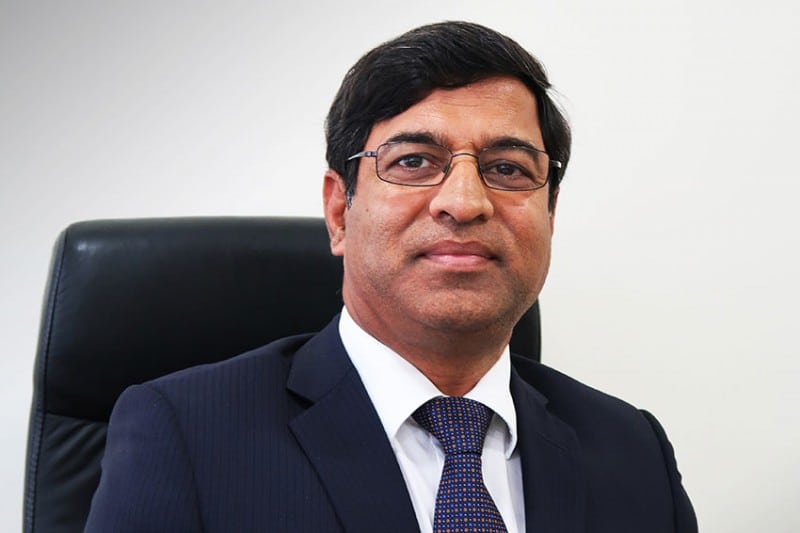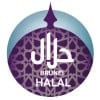The Worldfolio speaks with Dr. Nur Rahman, Chief Executive Officer at Ghanim International Corporation (Brunei Halal Foods)
In recent years, Brunei has suffered from an economic retraction mainly due to international commodity prices, which has accelerated and intensified the efforts of the government towards diversifying the economy. One of the cornerstones that Brunei government has in mind for this diversification process is Halal products. What opportunities do you see arising for the Halal industry as a result of the diversification process?
Our company was established in 2009 by the government of Brunei. It’s a 100% government-owned company.
The objective of setting up this company was to diversify the economy, to create employment for the people, and to help the local SMEs to create and market their product, and more importantly to take the opportunity of growing the Halal market around the world.
Muslims will make up one third of the world population by 2030. So this is a huge opportunity where the non-Halal products are readily available in different sectors, but Halal products may not be. There are a number of different category of products that are not really available in the Halal space. So that’s why it’s a huge opportunity to look into and get into.
The other opportunity is that the perception about Halal products among non-Muslim people is changing. People these days in many countries see Halal products as being safe and of quality and to some extent healthy as well.
So we have established another company in the UK and set up a state-of-the-art manufacturing plant. We have started manufacturing from that plant as of 2016 and we are now supplying our Halal-manufactured chicken and lamb products to the UK market. Also, we are supplying those products to Brunei, and we are now exporting to the Middle East. So, our products are getting popular; our brand is growing and appealing to a wider customer base.
It is estimated that the global halal food & lifestyle sector will grow to 3 trillion USD by 2021. Brunei Darussalam was in fact one of the first entrants in the global halal market gaining strong international recognition. What do you think are the uniqueness and competitive advantages of Brunei’s halal industry when compared to other countries in the region?
Brunei is a country that is clean, green and safe. There are a lot of things that have not been explored in Brunei. Brunei has always been dependent on oil and gas. We only recently started diversification. Brunei is also known as a country of unexpected treasures. There are a lot of untapped resources and we want to explore those resources.
There are many things that are available in Brunei. One of the examples is blue shrimp, which is one of the products that are available in only two or three countries around the world. But Brunei is the one that has taken the opportunity to explore and expand in growing blue shrimp.
A decreasing domestic market has forced the Japanese private sector to look overseas. As a result, we have seen Japan pledge $110 billion over the next 5 years in the ASEAN region. What opportunities do you see for Japanese investors in Brunei’s Halal industry?
We can see there is a lot of foreign investor interest in Brunei for various reasons. Because the country is safe, because the country is clean, infrastructure is a lot better than many other countries. And also, there is no personal tax, very low corporate tax. And more importantly, the Halal industry is growing.
Brunei Halal Foods has a strong brand that is backed by the government. Under this brand, any product that we create will be of high-quality, and manufactured in Brunei. Customers will love and respect the product that is manufactured in Brunei.
In our organization we are working on five pillars that we have for developing our products: quality, innovation, competitiveness, price, and convenience.




